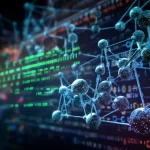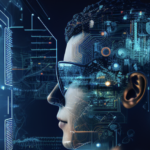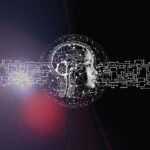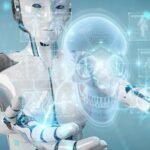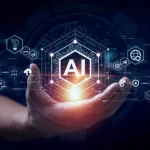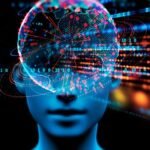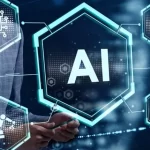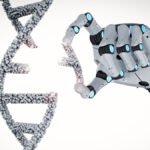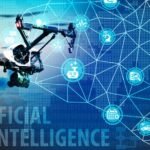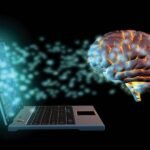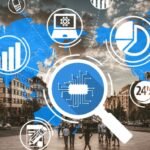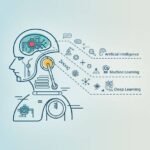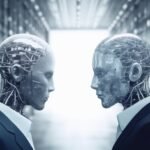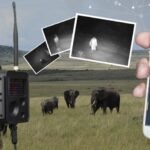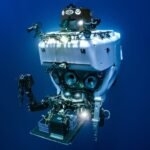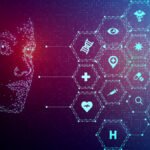Interview with Mr.Yoshua Bengio
[Interviewer]: Good day, everyone! Today, we have the honor of sitting down with Mr. Yoshua Bengio, a world-renowned AI researcher and one of the pioneers of deep learning. Welcome, Mr. Bengio!
[Mr. Yoshua Bengio]: Thank you very much. It’s a pleasure to be here.
[Interviewer]: Let’s begin by discussing your groundbreaking work in deep learning. How did you first become interested in artificial intelligence and what led you to focus on deep learning?
[Mr. Yoshua Bengio]: My interest in artificial intelligence began during my undergraduate studies in computer science when I was exposed to the field. The idea of building intelligent machines fascinated me, and I realized that machine learning, a subfield of AI, held the key to achieving this goal. Over time, I became particularly drawn to neural networks and their potential to model complex patterns and representations, which eventually led me to focus on deep learning.
[Interviewer]: Your contributions to the development of deep learning have been instrumental in the AI revolution we’re experiencing today. How do you envision the future of deep learning and its potential impact on various industries?
[Mr. Yoshua Bengio]: Deep learning has indeed revolutionized AI, and its future holds tremendous promise. I believe that deep learning will continue to advance and find applications in various industries, such as healthcare, finance, autonomous vehicles, and natural language processing. The ability of deep learning models to extract meaningful patterns from large datasets enables more accurate predictions and decision-making, which can greatly benefit these domains.
However, challenges such as the need for more data-efficient learning and better generalization capabilities remain. Research efforts in these areas will be vital to unlocking the full potential of deep learning across industries.
[Interviewer]: As deep learning becomes more prevalent, concerns about ethics and responsible AI deployment have also grown. What are your thoughts on ensuring that AI technologies, especially deep learning models, are developed and used responsibly?
[Mr. Yoshua Bengio]: Responsible AI development is of utmost importance. As researchers, we must prioritize ethics and fairness in the design and deployment of AI technologies, including deep learning models. This involves carefully considering the potential biases present in the data used to train these models and taking steps to mitigate them.
Furthermore, transparency and interpretability are critical. We need to understand how deep learning models arrive at their decisions, especially in sensitive applications like healthcare and criminal justice. Open dialogue and collaboration between researchers, policymakers, and the public can help establish guidelines and regulations for responsible AI development and use.
[Interviewer]: Collaboration is indeed crucial in addressing ethical concerns. Moving forward, what do you see as the most significant challenges and opportunities in AI research and the development of more advanced deep learning architectures?
[Mr. Yoshua Bengio]: One of the major challenges in AI research is achieving more human-like understanding and reasoning abilities in AI systems. While deep learning has shown remarkable success in various tasks, it still lacks the common-sense reasoning capabilities that humans possess. Closing this gap will require advancements in areas such as unsupervised learning and lifelong learning, enabling AI systems to learn from less annotated data and adapt to new environments.
Additionally, addressing the environmental impact of large-scale deep learning training is essential. Research into more energy-efficient and environmentally friendly algorithms and hardware will be crucial in ensuring sustainable AI development.
Opportunities lie in exploring the intersection of deep learning with other fields, such as reinforcement learning, cognitive neuroscience, and robotics. Integrating knowledge from diverse domains can lead to novel architectures and AI systems with a broader range of capabilities.
[Interviewer]: Your insights are invaluable for aspiring AI researchers and enthusiasts. What advice would you give to those who wish to contribute to the field of deep learning and AI?
[Mr. Yoshua Bengio]: For aspiring AI researchers, I would encourage them to build a strong foundation in mathematics, computer science, and machine learning fundamentals. Understanding the underlying principles is crucial for developing novel ideas and pushing the boundaries of deep learning.
Moreover, don’t be afraid to explore uncharted territory and pursue research questions that genuinely interest you. The field of AI is vast, and there are still many unexplored avenues to discover. Collaboration and exchanging ideas with peers and mentors can also be highly beneficial for personal and professional growth in AI research.
Finally, always keep in mind the broader implications of your work. As AI researchers, we have a responsibility to use our knowledge and expertise for the betterment of society, ensuring that AI technologies are developed ethically and responsibly.
[Interviewer]: Thank you, Mr. Bengio, for sharing your profound insights and experiences with us today. It has been a privilege to have this conversation with you.
[Mr. Yoshua Bengio]: You’re welcome, and thank you for the thoughtful questions. It was a pleasure to participate in this interview.





